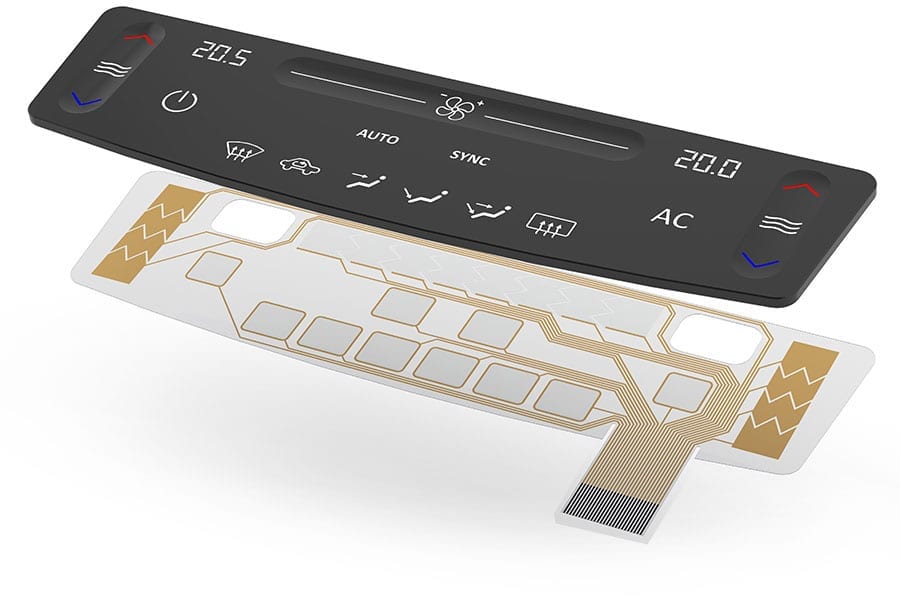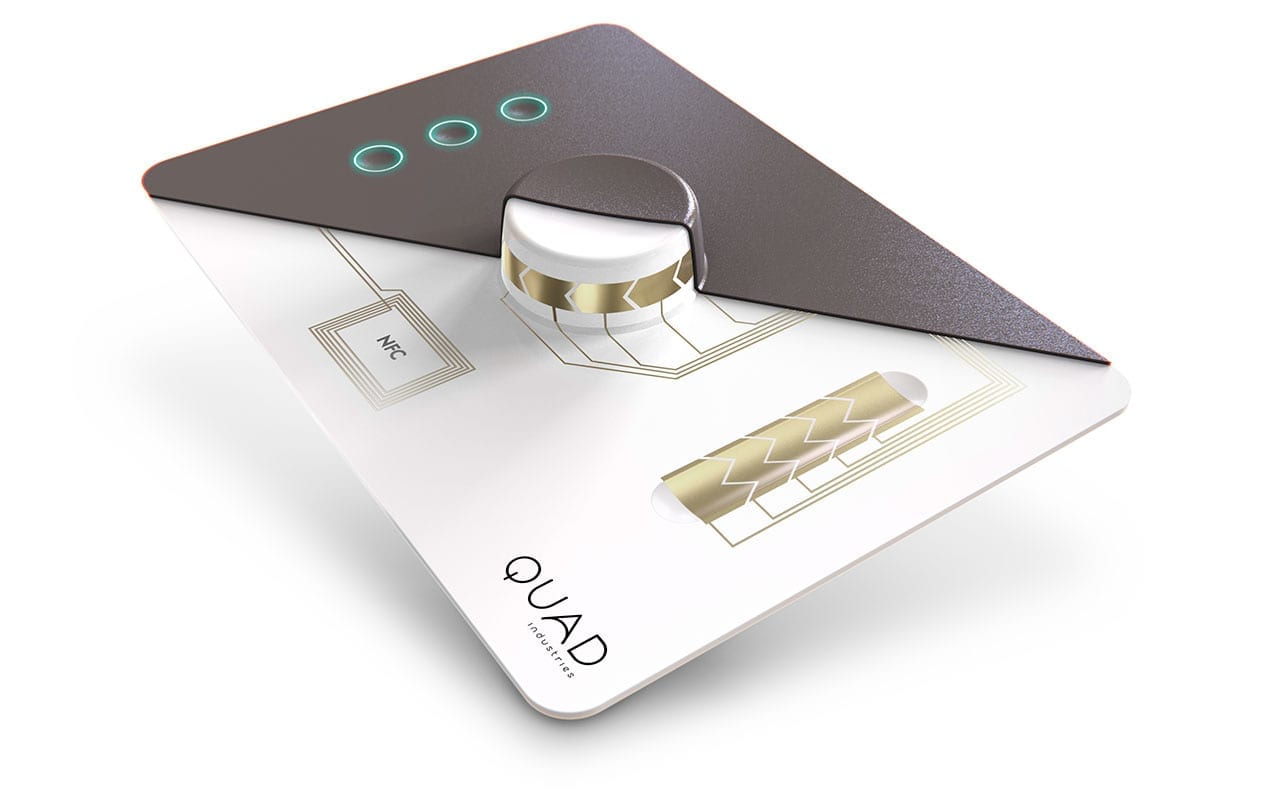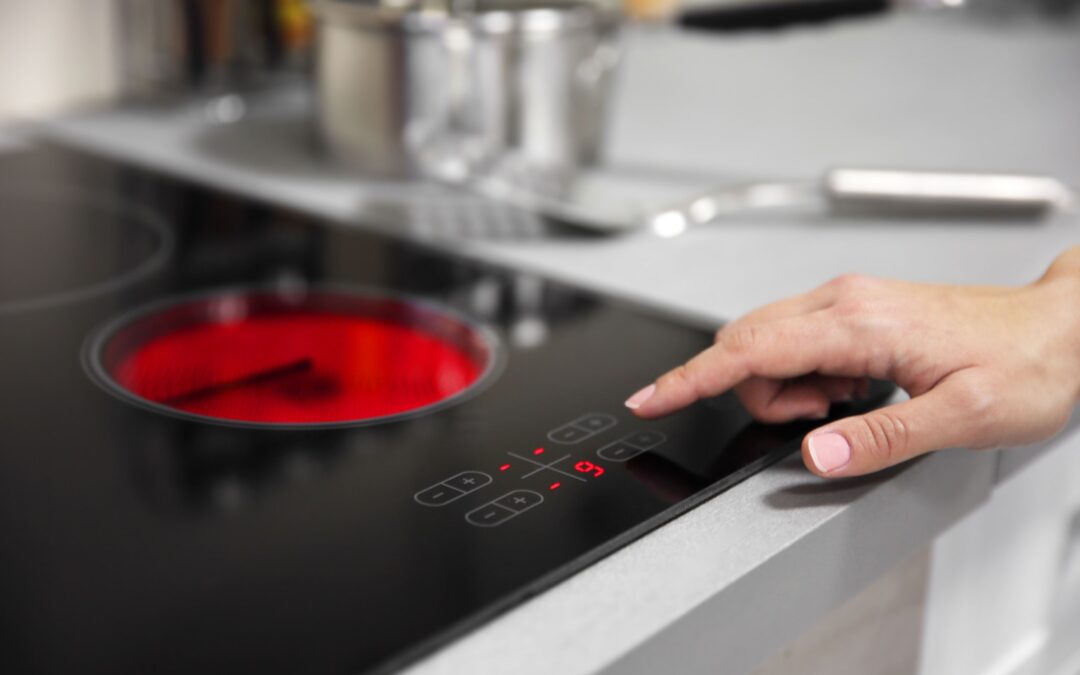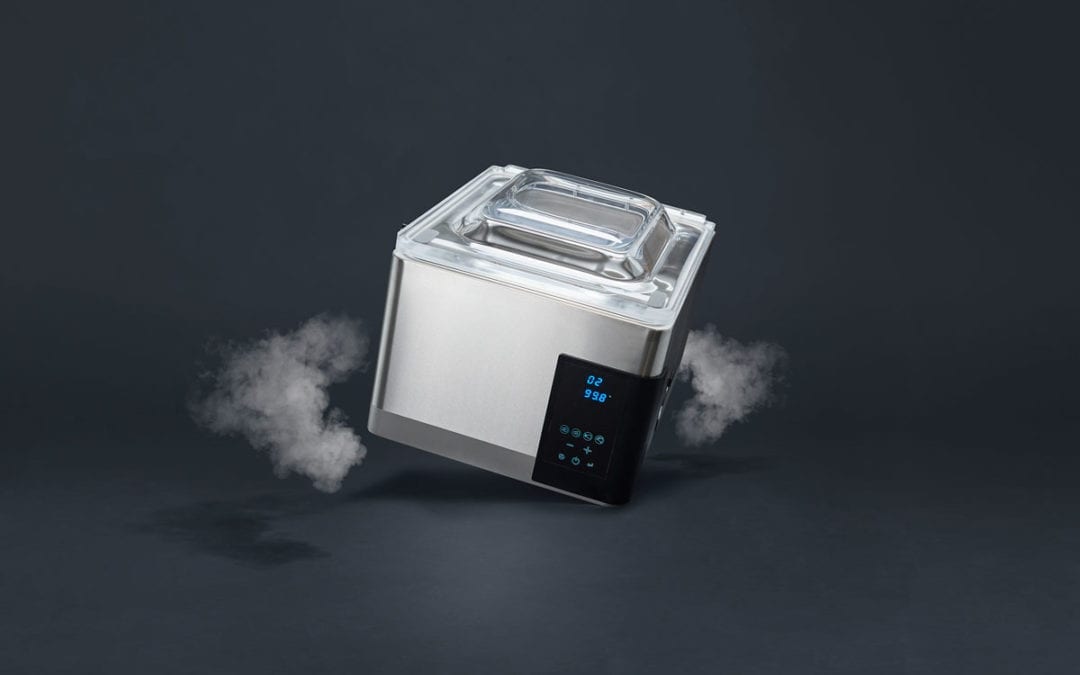Capacitive touch
A simple touch or swipe
Touch-sensitive user interfaces have seen an enormous emergence in the last decade, no doubt influenced by the popularity of tablets and smartphones that use the same principle. A mere touch or swipe of the finger on the control panel is translated into an action. This offers an intuitive user experience and makes the technology fit for a wide range of applications in every sector and domain. The translucent panels offer a nearly limitless number of possibilities for backlighting, design and branding. On this page we will tell you everything about the possibilities of capacitive touch.
“Capacitive touch sensors offer intuitive user interaction and endless design possibilities.”
Capacitive sensor technology
Capacitive sensor technology is based upon the constant monitoring of the electrical capacity of the touch area, which is changed by a human finger. As the human body is an electrical conductor, touching the surface of the screen results in a distortion of the screen’s electrostatic field. Depending on the location of the touch and the movement that is detected by the capacitive touch sensor (swiping, tapping), a specific action will be triggered.

Popularity of capacitive touch screens
Capacitive touch screens are used for a wide range of applications, from home appliances to industrial machines, and it’s still on the rise. The reason for their popularity is obvious. Not only do they offer a very intuitive and pleasant user experience, they are also very familiar to users of mobile phones, tables, tv-sets and laptops. There is also an important aesthetic aspect. The translucent capacitive touch panels offer a nearly limitless number of possibilities for backlighting, flexible sensors, custom coverlens, electronics, design and branding. Black panel effects have made the user interfaces – often a thorn in the eye of designers – almost invisible when they are not being used.
Capacitive touch sensors: endless design possibilities
When people think of touch screens today, they typically think of flat surfaces with backlighting indicating where the keys or touchpoints are. But capacitive touch controls offer so much more. Through rapid advancements in printed electronics, they are transformed into truly smart surfaces, offering a wide range of new design and functional possibilities. There is simply no reason why a touch screen should still be flat – it can take on any shape, from curved surfaces to 3D shapes. Wireless communication technologies are easily added, creating many new functionalities.

Typical applications of capacitive touch
- Home appliances
- Automotive interiors
- Vending machines
- Wellness (whirlpools, saunas)
- Medical devices
- Communication and navigation devices
- Light switches
And many more! Do you want to know more about the possibilities of our capacitive touch buttons, panels and sensors for your products? Get in touch by filling out our contact form. We offer a fully customized solution, from development to cost-efficienct manufacturing such as in-house screen-printing and converting.
A fully customized solution
Capacitive sensors
- Capacitive keys, sliders and wheels
- Screen-printed on flexible films or directly on cover glass
- Capacitive touch buttons applied on flat, curved and 3D surfaces
- Touch, proximity and gesture functionalities
Cover materials
- Chemically or thermally tempered glass
- Surface treated PMMA / Acrylic and polycarbonate
- Leather, wood and many other surface materials
Controllers
- Capacitive touch controls offer you the freedom to use your preferred touch controller
- Quad Industries is Microchip Design partner
- I²C, SPI, UART or digital I/O
Backlighting and haptics
- Transparent conductor printing allows for smooth backlighting
- Black panel effects allow for secret until lit functionality
- Combination with haptics adds feedback properties
Get inspired

PEDOT technology, a game-changer for the design of smart home appliances
The evolution of Human Machine Interfaces (HMI) is changing the way we interact with IoT devices and home appliances. Innovative touch technology is quickly replacing pushbuttons, keyboard, sliders and knobs, offering a smarter, more secure and intuitive user...

It’s a vacuum packaging machine, but not as we know it
With the Neo series, Henkelman is transforming the traditional packaging machine into an intelligent device. The touch panel, combined with a mobile app, opens up a wealth of new possibilities and functionality for professional chefs. Close collaboration between technology partners proved crucial in the development phase.